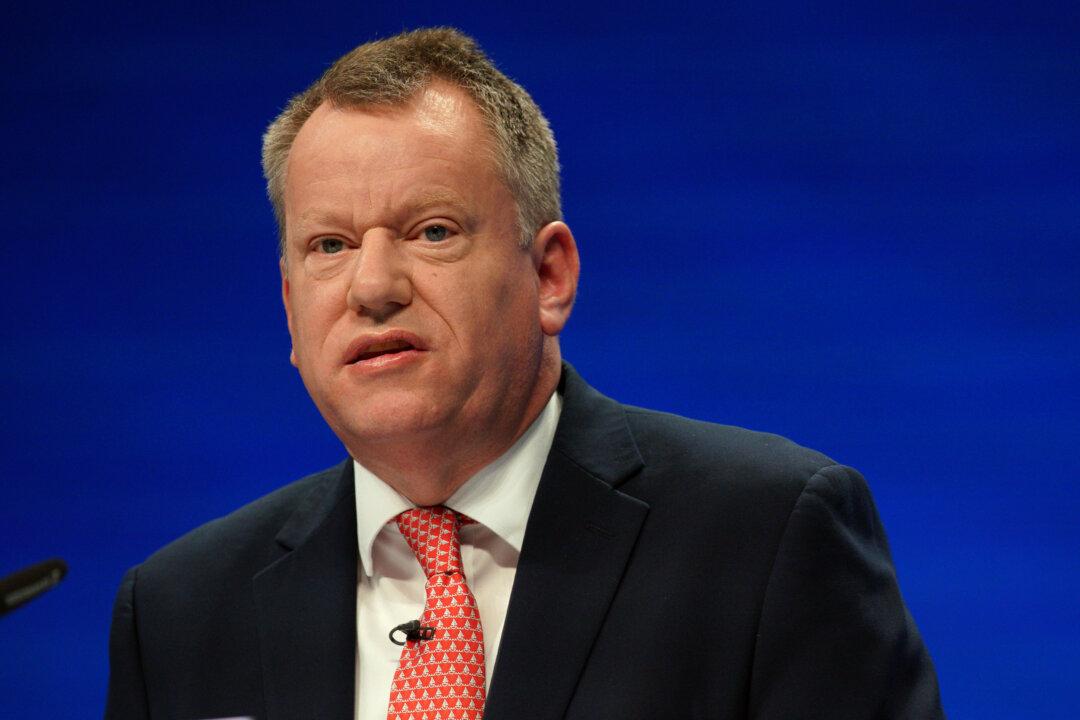The world will look back at the CCP virus restrictions and see it as a “huge public policy error,” The UK’s Lord David Frost said on Thursday.
The former Brexit minister resigned from the Cabinet on Dec. 18, citing disagreements with the government’s stance on lockdown restrictions, taxation, and regulation.





